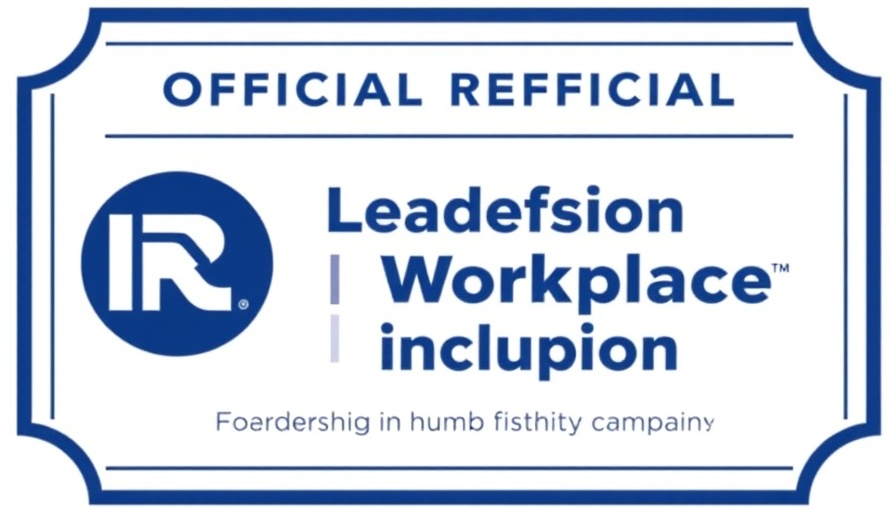
Understanding the Role of Employee Resource Groups in Mental Wellness
As we recognize Mental Health Awareness Month this May, the spotlight on workplace wellness intensifies, particularly the emotional dimensions often overlooked in traditional safety and compliance discussions. Employee Resource Groups (ERGs) serve as essential platforms for enhancing emotional wellness, promoting inclusiveness, and tackling the stigmas surrounding mental health.
The Evolving Role of ERGs in Workforce Wellbeing
HR leaders need to understand that today’s business environments require a revised approach to employee support systems. ERGs provide a structured environment where employees can share experiences, identity-based challenges, and mental health concerns, thus fostering a culture of openness. By creating these forums, organizations can better address and respond to the emotional and psychological needs of their workforce.
Key Benefits of ERGs for Companies and Employees
The impact of ERGs goes beyond individual mental health benefits; they also drive organizational change. Engaging in open dialogues about mental wellness can lead to the creation of targeted programs that address burnout, stress, and isolation, ultimately improving employee morale and retention. Notably, companies that embrace ERGs often see an increase in overall job satisfaction metrics, providing a dual benefit to the workforce and the organization itself.
Best Practices for Implementing ERGs
For ERGs to be effective, strong support from C-suite leaders is crucial. Executive sponsors can champion ERGs within the organization, facilitating broad engagement across various departments and encouraging active participation. Setting clear objectives, regularly assessing the impact of these groups, and providing resources for mental health programs can further enhance their effectiveness. These best practices ensure that ERGs become not just support groups, but catalysts for systemic change within the corporate culture.
Future Trends: The Evolution of ERGs in the Next Decade
Looking towards 2025, the landscape of ERGs and their influence on corporate culture is expected to shift significantly. Companies will increasingly prioritize mental health in their ERG strategies, with a focus on creating inclusive environments that address diverse employee needs. As the conversation around mental health continues to evolve, understanding local and global approaches to ERG development will be critical. Organizations that are proactive in adapting to these trends will not only improve employee wellbeing but will also enhance their employer branding and overall competitiveness.
To create a thriving workplace culture, it is essential for organizations to invest in resources that promote mental health and leverage the power of Employee Resource Groups. Those interested in enhancing their corporate ERG frameworks can explore emerging trends, success stories, and leadership updates to stay informed and strategically aligned with best practices.
 Add Row
Add Row  Add
Add 




 Add Row
Add Row  Add
Add 

Write A Comment